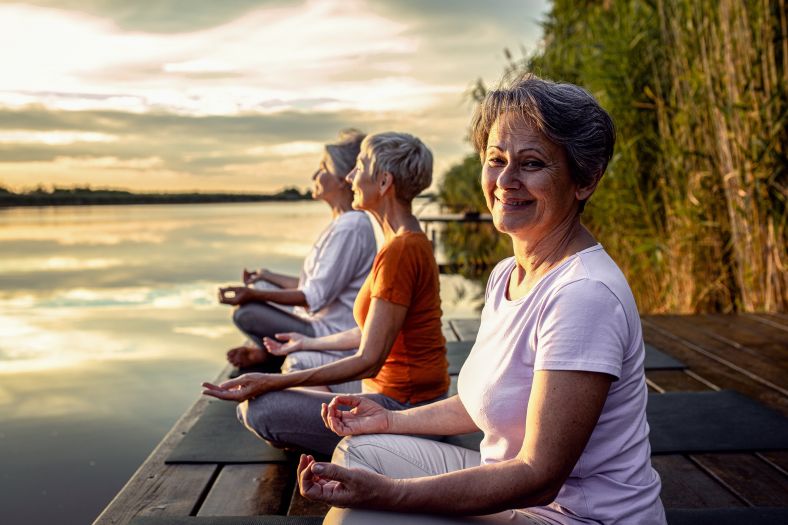Shaping the Strategy

More than 2,000 women and girls directly contributed to this Strategy.
Consultations for this Strategy were undertaken in mid 2022. They were designed to listen to as many women and girls as possible, and directly from women from diverse communities and backgrounds. Consultations deepened evidence in key areas.
Women and girls
We heard directly from more than 2,000 women and girls across NSW through in-depth consultation in online and in-person forums, and through the 2022 NSW Women’s Strategy Have Your Say Survey.
Those who work with women and girls
Many organisations have an interest in outcomes and opportunities for women and girls and have gained insights from working closely with them. We consulted with organisations across a range of areas including:
- focus communities: Aboriginal and Torres Strait Islander women, older women, young women, LGBTIQA+ women, women with disability, and women from CALD backgrounds
- themed areas including health, housing and homelessness, rights and justice, education, and local government.
Stakeholders
We engaged with representative bodies and organisations that have specific expertise in providing advice on priorities and the experiences of women and girls through:
- consultation with NSW Ministerial Advisory Council members
- submissions from peak bodies and stakeholders responding to the Have Your Say survey on the discussion paper.
An evidence base has guided our responses
In addition to listening to women, this Strategy was developed on a foundation of research including:
- recent analysis by NSW Treasury for the Women’s Economic Opportunities Review, including the Women’s Voices consultation led by Women NSW
- consultation submissions
- work by Commonwealth agencies including the Workplace Gender Equality Agency (WGEA), the Australian Human Rights Commission (AHRC) and the Australian Bureau of Statistics
- extensive work by academics, the private sector and not-for-profit organisations.
The AHRC’s Wiyi Yani U Thangani (Women’s Voices): Securing our Rights, Securing our Future 2020 report, which elevates the voices and experiences of Aboriginal and Torres Strait Islander women and provides recommendations to improve the lives of women and girls across a broad range of areas, has helped inform this Strategy.
Australian and international research provides us with a clear picture of the pathways to improving outcomes for women in many areas of their lives. For example, it offers a greater understanding of the contribution that women-led businesses and diverse workplaces make towards building profitable and productive businesses and economies.
Request accessible format of this publication.